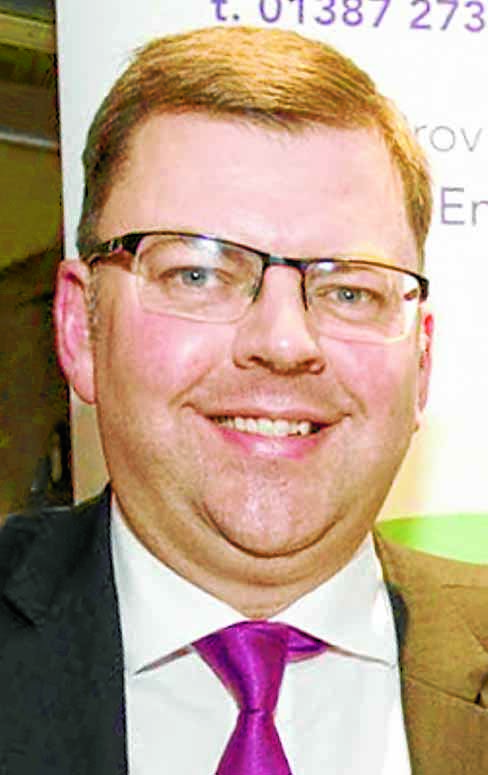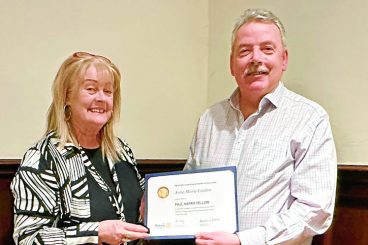The latest National Stroke Care Audit for Scotland saw Dumfries and Galloway fall down the rankings for patient care. During 2017, 259 people with confirmed strokes were admitted to Dumfries and Galloway Royal Infirmary (DGRI). And according to the report, less than 50 per cent of them received an ‘appropriate’ care bundle. It was also highlighted that initiatives have only been partially implemented in regards to secondary prevention, transfer to the community and living with a stroke work, which all scored amber. Commenting in the audit, NHS Dumfries and Galloway chief executive Jeff Ace said admitting stroke patients promptly to DGRI’s acute stroke ward remains “a significant challenge”. He also revealed there are two fewer beds than before at the new DGRI. And he noted issues with other parts of the care, notably swallowing screening, CT imaging and aspirin prescribing, as well as staffing issues. Mr Ace said: “Performance has dropped from 64 per cent in 2016 to 50 per cent in 2017.” South Scotland MSP Colin Smyth, who is also chair of the Scottish Parliament’s Cross Party Group on heart disease and stroke, is concerned at the audit and said: “It is deeply worrying that for a second year in a row stroke care in Dumfries and Galloway has fallen on the national rankings, plummeting from 8th to 12th. “Over 250 people a year in our region suffer a stroke every year and it remains the biggest cause of disability. It is therefore vital that anyone who has a stroke is given the best possible care as early as possible. However, in areas such as admitting someone to a dedicated stroke ward as quickly as possible, we are failing too many patients locally.” He called for more resources for the NHS and added: “To ensure that patient care improves across Dumfries and Galloway the SNP’s new Health Secretary, Jeanne Freeman, needs to change tact and properly resource our NHS.” Responding, an NHS Dumfries spokesman said: “We fully recognise that improvements in our performance are necessary to ensure compliance with the standards and we are working to address the priority areas identified.
“Most recent data for 2018 shows improvements in three of the six areas and we will continue to build on this progress in the coming months.”
























